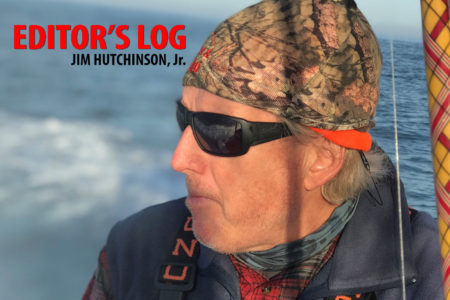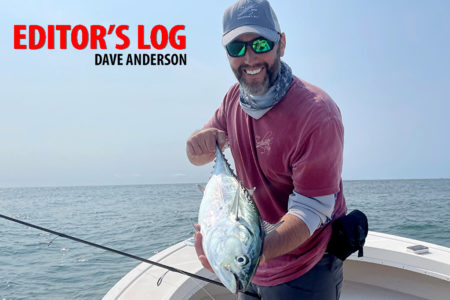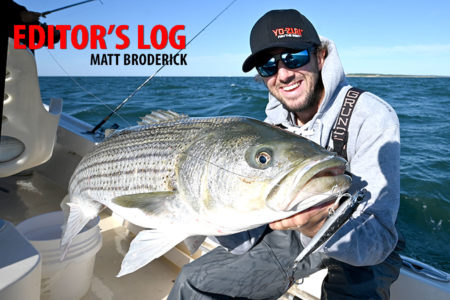On November 16, 2021 the House Natural Resources Subcommittee on Water, Oceans, and Wildlife chaired by Rep. Jared Huffman of California met to examine the Sustaining America’s Fisheries for the Future Act, a bill co-authored by Rep. Huffman and Hawaii congressman Ed Case. The legislation would update and reauthorize the Magnuson-Stevens Act (MSA), the nation’s primary fisheries management and conservation law.
“Through our uniquely inclusive, transparent process, Rep. Case and I were able to create an MSA reauthorization bill that meets the challenges of the climate crisis and puts the focus back on the needs of fishing communities,” Rep. Huffman said. After watching the hearing myself, I can’t say I’d use either “inclusive” or “transparent” to describe either the bill or the hearing itself.
In fact, the Case/Huffman bill had a couple of congressmen on the other side of the aisle pretty riled up, one being Rep. Don Young of Alaska who is widely considered one of the original authors of MSA in 1976. “As written, Mr. Huffman’s bill has the potential to take power away from the councils and hand it over to the Secretary of Commerce,” Rep. Young warned, further stating of MSA, “the original intent was sustainable yield of a species,” which he explained as “conservation, not preservation.”
But it was Rep. Garret Graves of Louisiana who provided the hearing’s “pass the popcorn” moment by launching into a blistering attack on one of Rep. Huffman’s star witnesses, William Goldsmith of the American Saltwater Guides Association (ASGA). “We’re one of the top fishing destinations in the United States and I’d never heard of your group,” Rep. Graves said in opening a rather poignant cross-examination of the ASGA executive director. “I checked with some of our folks at home who similarly had not and I thought that was very curious,” he added.
“I take it a step further and look at your website, and say ‘okay how do you even become a member of this group and how much does it cost,’ well look, you can just sign up, you don’t even have to be a guide, anybody can do it, I can do it right now and it’s free, which then makes me think, ‘well wait a minute so where’s the money coming from’,” Rep. Graves wondered out loud.
“It obviously costs a lot of money to have a group like that, so could you just tell me how you’re funded if you don’t charge membership fees, and if I can just sign up without even being a guide where does the money come from,” Rep. Graves asked.
Goldsmith responded, “As a resource first, not sector first group, we’re proud to have a lot of partners across sectors, and really take a lot of pride in our ability to bring allies across the different sectors who care about our marine fisheries together.”
It’s a good question actually. A regular invitee to Huffman’s subcommittee for testimony, ASGA was founded in 2018, and despite their free membership the ASGA’s 2019 IRS tax filings show contributions, gifts, grants, and similar amounts received at nearly $200,000. Goldsmith however avoided a direct answer as to “where” exactly those funds come from, and particularly from whom. It should be noted that before joining ASGA, Goldsmith worked for the Lenfest Ocean Program which is managed by The Pew Environmental Trusts.
“The organizations that are funding you, that means that you’re not really a fishing guide group, you’re a façade for organizations that have an agenda,” Rep. Graves responded, adding “Why don’t you just call yourself who you are and not come before the committee and others and pretend that you’re somebody else?”
“I think it’s very disingenuous,” Rep. Graves added before time had expired on his congressional questioning.
Too bad, I would’ve loved to hear Mr. Goldsmith’s final answer.





